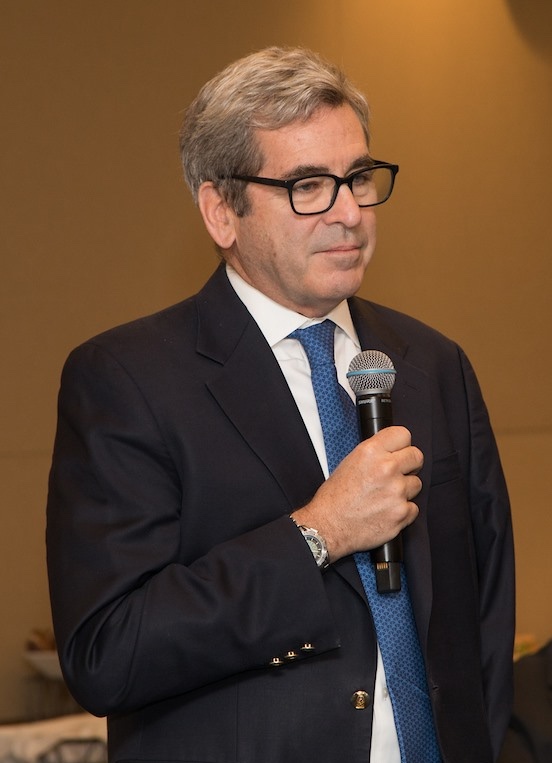 This episode features Miles O’Brien, a science journalist who has been a correspondent for PBS News and CNN. He talks about his experience breaking in to science journalism, past and current science reporting, public and political views of science, the value of scientific research, and some particular stories including beavers, prostheses, and climate change research in Antarctica. This feature is an interview by KBUT‘s Toni Todd and shared with us via Rocky Mountain Community Radio.
This episode features Miles O’Brien, a science journalist who has been a correspondent for PBS News and CNN. He talks about his experience breaking in to science journalism, past and current science reporting, public and political views of science, the value of scientific research, and some particular stories including beavers, prostheses, and climate change research in Antarctica. This feature is an interview by KBUT‘s Toni Todd and shared with us via Rocky Mountain Community Radio.
And we also have a report on the recent government claims about autism and use of acetaminophen (the active ingredient in Tylenol) during pregnancy, which is disputed by researchers and medical groups. We provide the full transcript of the press conference held by SciLine of the American Association for the Advancement of Science with Brian Lee, a professor of epidemiology and biostatistics at Drexel University.
Host: Joel Parker
Show Producer/Engineer: Joel Parker
Executive Producer: Susan Moran
Additional contributions: Shelley Schlender
Listen to the show:
Podcast: Play in new window | Download (Duration: 27:00 — 37.1MB)
Subscribe: RSS




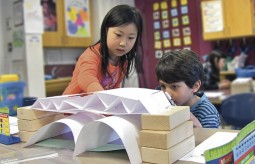 Feature #1: (start time 5:53) STEM, as you may well know, stands for
Feature #1: (start time 5:53) STEM, as you may well know, stands for 
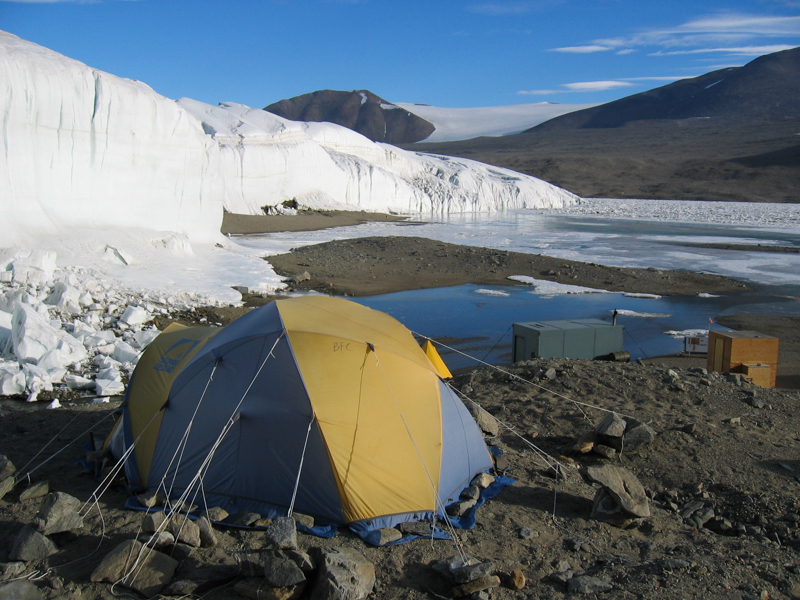

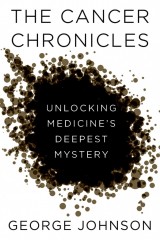 Feature 2 – The Cancer Chronicles (start time 12:22): In his new book,
Feature 2 – The Cancer Chronicles (start time 12:22): In his new book, 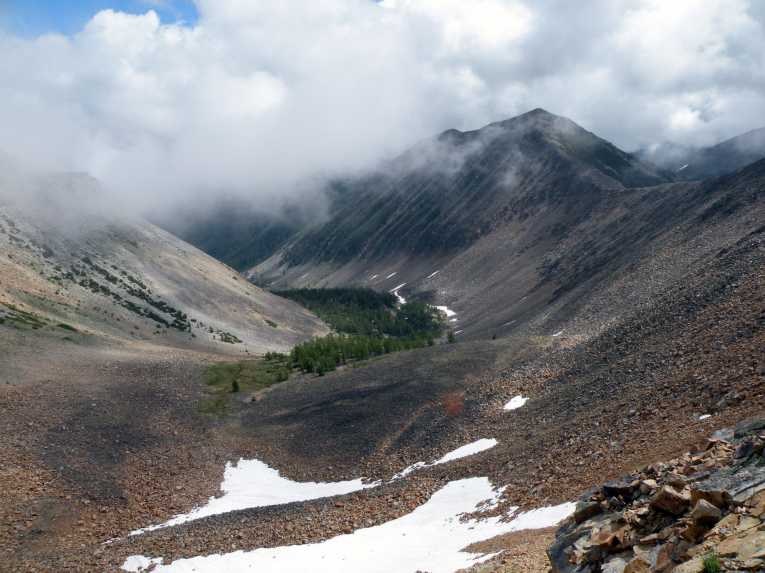

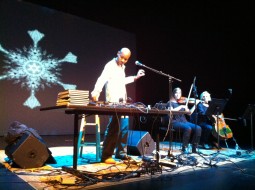
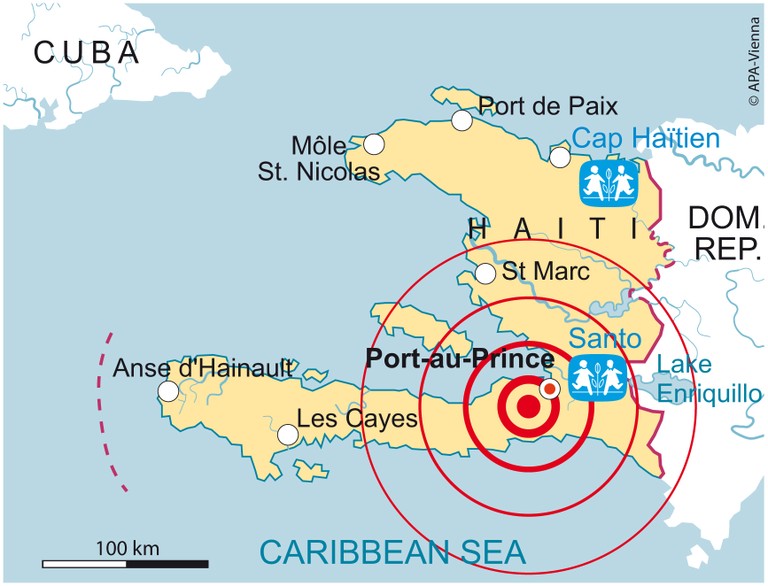
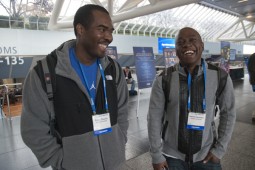
 Feature #2: (start time: 15:42) You’ve probably heard by now that 2012 was the warmest ever in the U.S. We’re not the only ones overheating. At the bottom of the world, over the last 50 years, West Antarctica has warmed more than scientists had thought. The implications are huge; an enormous ice sheet there may be at risk of long-term collapse, which could cause sea levels to rise alarmingly. Co-host Susan Moran speaks with
Feature #2: (start time: 15:42) You’ve probably heard by now that 2012 was the warmest ever in the U.S. We’re not the only ones overheating. At the bottom of the world, over the last 50 years, West Antarctica has warmed more than scientists had thought. The implications are huge; an enormous ice sheet there may be at risk of long-term collapse, which could cause sea levels to rise alarmingly. Co-host Susan Moran speaks with 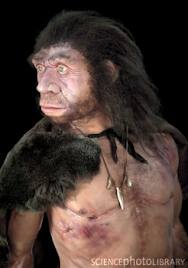
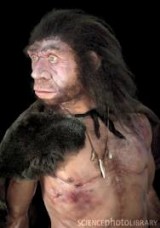 Feature #1: Neanderthals (start time: 6:01)
Feature #1: Neanderthals (start time: 6:01)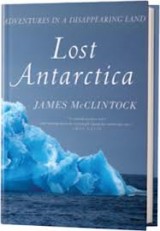 Antarctica: Adventures in a Disappearing
Antarctica: Adventures in a Disappearing